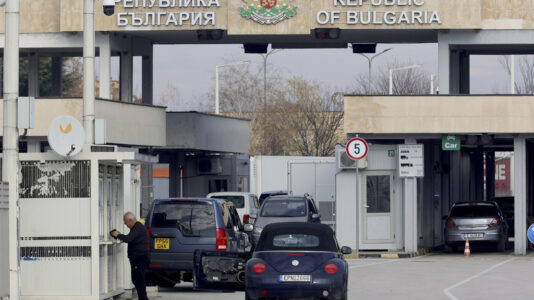Early in the morning on New Year’s Day, the five-year gas transit agreement between Russia and Ukraine expired, with the operator of the Slovak pipeline system Eustream confirming that the flow of gas had indeed stopped.
Russia can still send gas to Europe via the TurkStream pipeline that runs along the bottom of the Black Sea, and Brussels is confident that any impact will be minimal given its preparations for such an outcome.
The Ukrainian side has repeatedly refused to extend the agreement, with Gazprom issuing a statement emphasizing that the company had been “deprived of the technical and legal possibility of delivering gas in transit through Ukraine from January 1.”
Ukrainian Energy Minister Herman Halushchenko called the event “historic” due to its efforts to stop Putin’s war machine. The country’s president, Volodymyr Zelensky, reiterated that Ukraine will not finance the killing of Ukrainian citizens.
As Zelensky doubles down on promise to end gas transit through Ukraine, Slovakia fires back and Brussels remains silent
"It is in the interest of the citizens of the European Union that support for Ukraine be rational and not manifest itself in the form of self-destructive… pic.twitter.com/ClVYQkHKhb
— Remix News & Views (@RMXnews) December 30, 2024Meanwhile, the European Commission has maintained that the European gas infrastructure is flexible enough to deliver non-Russian gas to Central and Eastern Europe via alternative routes, and it is well known that imports of LNG from the U.S. have increased significantly since the start of the war.
“The Commission, in cooperation with the Member States, has been working for more than a year on a scenario without Russian gas transit via Ukraine from 1 January 2025 and on ensuring alternative supplies for the affected Member States,” said European Commission spokesman Olof Gill before Christmas, adding that in the EC’s assessment, the impact of ending transit through Ukraine on the security of supplies to the EU would be “limited,” reports Poland’s Business Insider.
“Is this normal in Austria?” https://t.co/bUwk4JgcvX
— Remix News & Views (@RMXnews) December 4, 2024





